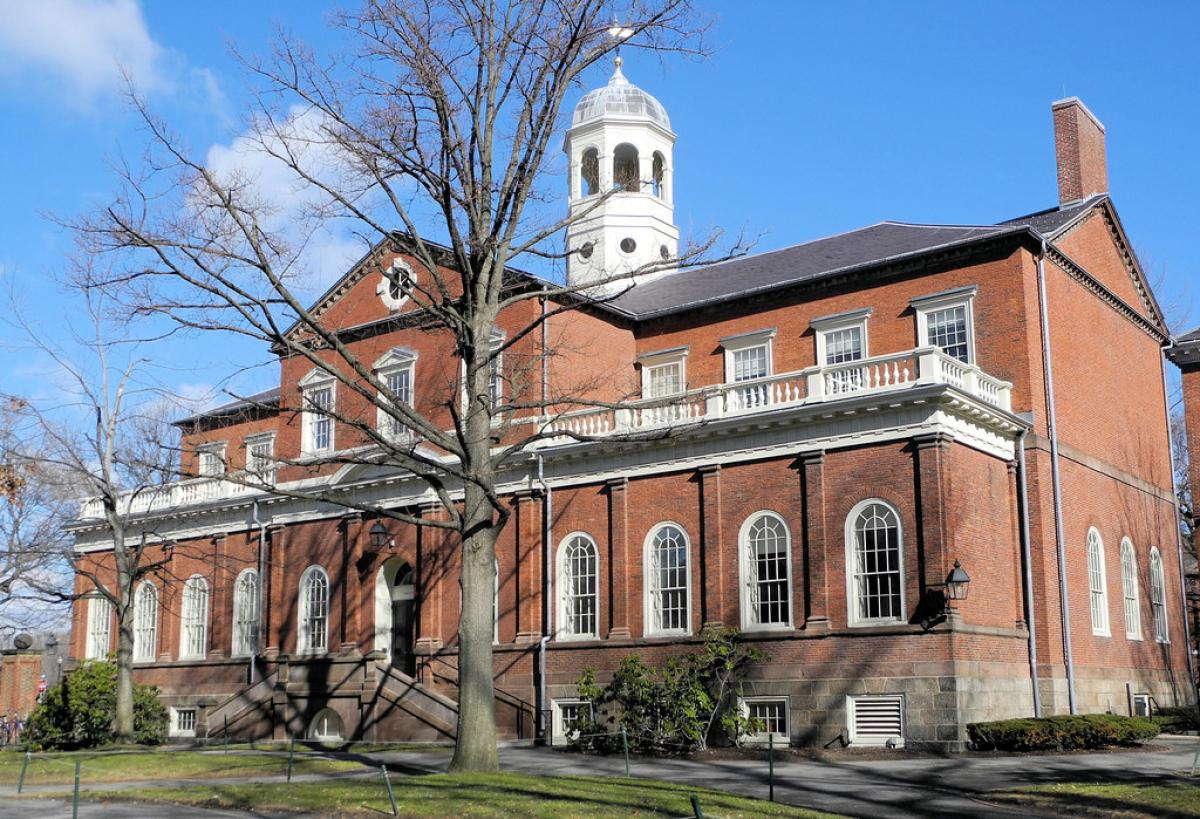Letter to Harvard on Possible Transnational Repression of Anti-CCP Protest

WASHINGTON D.C. -- Chairman John Moolenaar wrote to the President of Harvard University today, seeking answers after students were forcibly removed by an unidentified individual during an April event with the Chinese Ambassador Xie Feng. The students sought to bring attention to the Chinese Communist Party’s horrendous record of human rights abuses. During the incident, an alleged Harvard student from China dragged one of the students out of the event. Following the incident, another Harvard student grew afraid after an alleged event organizer approached her and sought the names of students who challenged the Ambassador.
Chairman Moolenaar wrote, “This incident raises serious questions regarding possible transnational repression by the Chinese government and the involvement of international students from China at Harvard in acts of harassment and intimidation condoned by the Chinese government against its critics.”
He continued, “This spring, a Boston court convicted and sentenced a former Berklee College of Music student from China for threatening and harassing a fellow Chinese student for posting pro-democracy fliers on campus. Repeated incidents involving some students from China infringing on their fellow students’ freedom of expression also call into question whether our universities are doing enough to educate students about civil liberty and ensure students’ safety for freedom of expression.”
The number of Chinese students in the United States has skyrocketed since 2009. Similarly, the Chinese government’s attempt to monitor, control, and manipulate Chinese students in the U.S. has increased dramatically. The Chinese government often uses student organizations like Chinese Students and Scholars Associations to infiltrate American campuses and harass those who may speak out against CCP abuses.
With the interest in protecting students’ rights while in the United States, Chairman Moolenaar posed a series of questions to Harvard regarding the incident during the Chinese Ambassadors speech, including:
- Did Harvard exercise sole responsibility for security at the event? If not, did Harvard partner with representatives of the Chinese government or any private agency? If so, were those representatives bound by Harvard’s regulations, and if not what guidelines, if any, did they operate under?
- Did any faculty members of the Harvard Kennedy School liaise with outside agencies and/or the Chinese government on security policies for the event? If so, were they present at the event, and did they approve of what transpired? If not, will there be an investigation?
- Absent official written authority to engage in a security function, the individual’s actions appears to constitute assault and battery under Massachusetts law.
- Does Harvard have a written agreement with the individual that would make them a designated agent of Harvard for the purpose of providing security at the event?
- If so, please promptly provide a copy of this written agreement.
- Does Harvard have a policy for reporting criminal acts on its campus to the appropriate state and local authorities?
- If so, please promptly provide a copy of this policy.
- If Harvard has a policy for reporting crime on its campus and the individual was not a designated agent of Harvard for purposes of providing security at the event, did Harvard follow this policy in this instance by reporting this individual’s actions to state and local law enforcement?
- If so, please provide documentation showing that Harvard followed this policy.
- Does the Harvard Kennedy School’s Greater China Society coordinate its activities with the Chinese government or the Chinese diplomatic missions?
- What is Harvard doing to educate and inform students, especially international students, about their obligations and rights for civil liberty?
Read the text of the letter HERE.